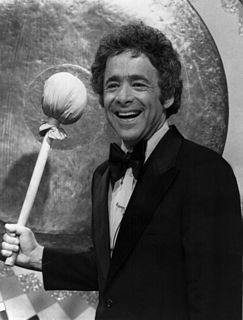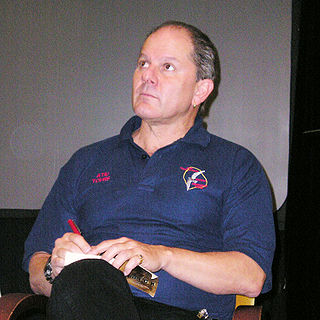A Quote by M. J. Rose
If I present a boring personal life to my readers, it's going to be harder for them to think of my novels as thrilling.
Related Quotes
I'd read one too many crime novels where the victim was just a name: body number one, dead woman number 12. I understood fear, and I wanted to create characters who made readers say, 'Please, don't hurt this guy.' That's the key to suspense. It's easy to disgust a reader. It's much harder to make them care.
The fact that there are so many weak, poor and boring stories and novels written and published in America has been ascribed by our rebels to the horrible squareness of our institutions, the idiocy of power, the debasement of sexual instincts, and the failure of writers to be alienated enough. The poems and novels of these same rebellious spirits, and their theoretical statements, are grimy and gritty and very boring too, besides being nonsensical, and it is evident by now that polymorphous sexuality and vehement declarations of alienation are not going to produce great works of art either.
You can't just skip the boring parts." "Of course I can skip the boring parts." "How do you know they're boring if you don't read them?" "I can tell." "Then you can't say you've read the whole play." "I think I can live a happy life, Meryl Lee, even if I don't read the boring parts of The Tragedy of Hamlet, Prince of Denmark." "Who knows?" she said. "Maybe you can't.
I respond very well to rules. If there are certain parameters it's much easier to do something really good. Especially when readers know what those are. They know what to expect and then you have to wrong-foot them. That is the trick of crime fiction. And readers come to crime and graphic novels wanting to be entertained, or disgusted.


































